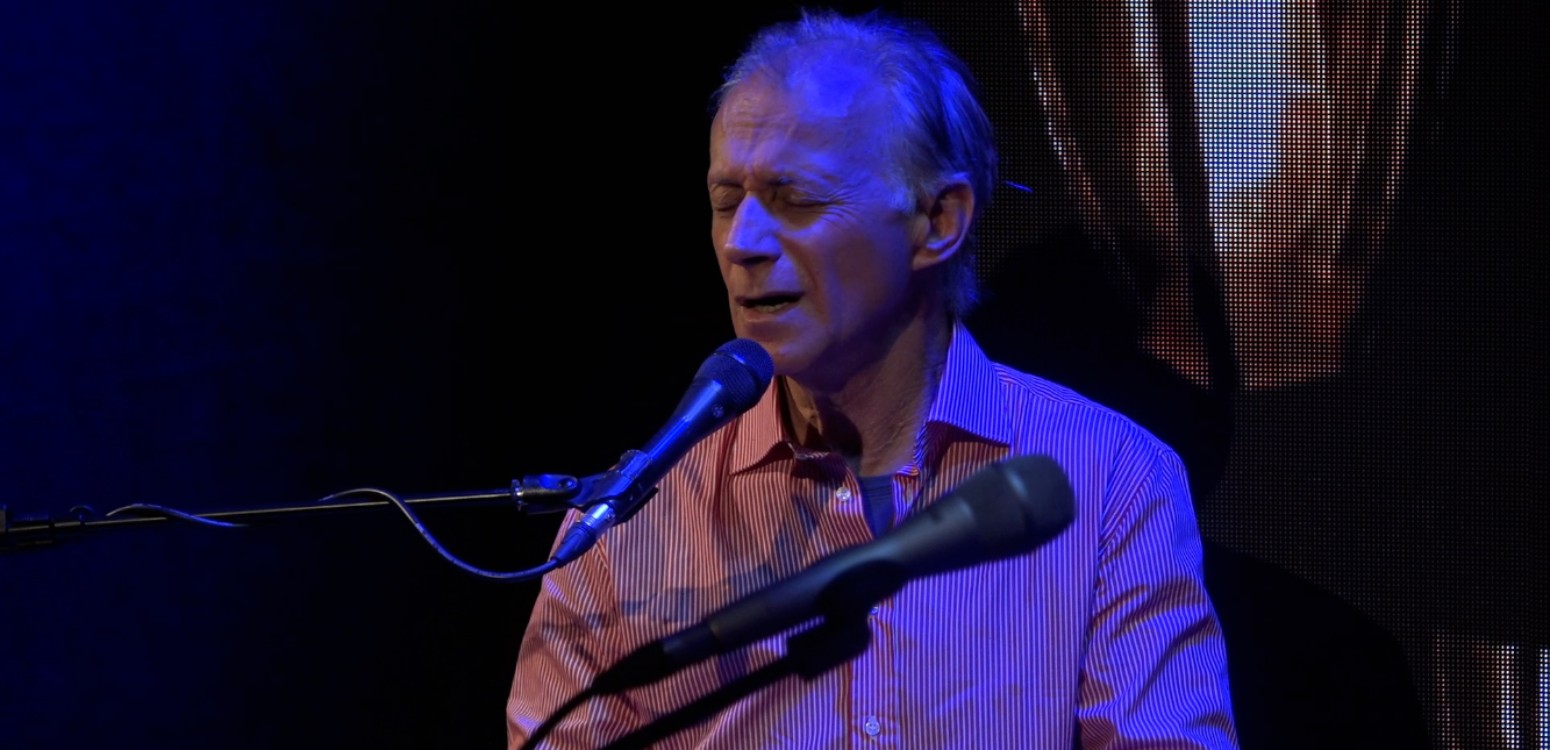
The biblical story of Korah’s rebellion offers striking lessons for today’s politics. This wilderness uprising shows how populist leaders use sacred language to flatter audiences and challenge authority – ancient tactics that remain dangerously relevant in our divided times
The story of Korah’s rebellion reveals the timeless mechanisms of political insurrection – how personal ambition masquerades as public virtue, and how populist rhetoric can weaponize sacred ideals against legitimate authority. In this ancient tale of wilderness politics, we find a masterclass in the art of rebellion that speaks directly to our contemporary struggles with leadership, legitimacy, and the dangerous allure of flattery disguised as democratic principle.
During the Israelites’ journey through the wilderness, Korah, Dathan and Abiram secretly organized about two hundred and fifty community leaders to rebel against Moses and Aaron. Given the people’s forty-year trek through the desert – far from the promised land of milk and honey – organizing a riot wasn’t difficult.
Rhetoric brilliance
The rebellion’s organizers had personal motivations beyond popular frustration. Korah, from the tribe of Levi, resented Aaron’s control over priestly service. Dathan and Abiram, from Reuben’s tribe of the firstborn, believed power rightfully belonged to them. And so it began:
“Now Korah, son of Izhar son of Kohath son of Levi, betook himself, along with Dathan and Abiram sons of Eliab, and On son of Peleth – descendants of Reuben – took men to rise up against Moses, together with two hundred and fifty Israelites, chieftains of the community, chosen in the assembly, men of repute. And they gathered themselves together against Moses and against Aaron, and said to them, You take too much upon you, seeing all the congregation are holy, every one of them, and the Lord is among them: why then do you raise yourselves up above the congregation of the Lord?” (Numbers 16:1-3)
The rebels’ strategy was rhetorically brilliant. They laid out their claims strategically, then delivered their crushing accusation. Their argument was devastatingly clever – claiming not to rebel against God, but to defend His own declaration of Israel’s holiness. If everyone is holy, they argued, what gives Moses and Aaron special authority?
This perfectly crafted populist appeal simultaneously flattered the people (“you are holy!”) while cornering Moses and Aaron. The rebels won public sympathy by telling everyone exactly what they wanted to hear, while undermining legitimate leadership. Populism at its best.
Are they really holy?
But the rebels’ argument hinges on a critical question: Are all the congregation truly holy? The answer depends on how we understand holiness itself. Is holiness an inherent quality – something that makes the Israelites essentially different from other peoples? Or is holiness a calling, an aspiration toward which one must constantly strive? Rabbi Samson Raphael Hirsch (1808-1888) addressed this fundamental issue in his commentary on the rebellion:
“Under the guise of representing public interests, they sought to satisfy their own interests and for this purpose came with false and dazzling proofs that flatter the self-love of all the people. And thus, they tried to push aside Moses and Aaron and deprive them of their status. Indeed, the basic assumptions of Korah’s rebellion are false, and the conclusions – in their application to the circumstances in question – are no less false. All the congregation are not already holy now [...] they are people who have been sanctified to God, a people that has been sanctified to God and in every fiber of their being as individuals and as a people they belong to God alone, but they are not yet ‘holy.’ Rather, they must constantly rise and elevate themselves toward their holy destiny. They must not replace reality with destiny; they must not see themselves as holy because they have been dedicated to a holy destiny; rather, their holy destiny should be before their eyes as a distant goal of their aspiration.” (Hirsch’s commentary on Numbers 16:4)
Holiness as destiny
Hirsch’s insight cuts to the heart of the matter. The entire nation received a mission to become holy – holiness as destiny, not current reality. True ideals, by their very nature, cannot be fully realized; they serve as distant goals toward which we constantly strive. Declaring an entire community already holy is both false and dangerous. When the rebels claimed universal holiness to challenge Moses’ authority, they denied the divine foundation of his mission, rendering their rebellion fundamentally illegitimate.
In our own complicated times, we must guard ourselves against internal conflicts fed by cheap populism, whether from government or opposition. The story of Korah warns us that the most seductive rebellions often wrap personal ambition in sacred language, using flattery to mask the pursuit of power.
The wilderness generation’s struggle continues today. Not to compare modern leadership to Moses and Aaron as if elected leaders are divinely ordained, but still, in times of division and hardship, our task remains the same: to hold fast to legitimate leadership while pursuing our highest aspirations – working toward becoming the people we are called to be, rather than claiming we have already arrived.
Lior Tal Sadeh is an educator, writer, and author of “What Is Above, What Is Below” (Carmel, 2022). He hosts the daily “Source of Inspiration” podcast, produced by Beit Avi Chai.
For more insights into Parashat Korah, listen to “Source of Inspiration” link
Translation of most Hebrew texts sourced from Sefaria.org
Main Photo: created using AI
Also at Beit Avi Chai





















